Tidbits - August 27, 2015 - Straight Outta Compton; Bernie Sanders and Labor; China's Currency Devaluation; Leonard Peltier; Herman Benson; and more....
Portside
 Reader Comments: Straight Outta Compton; Bernie Sanders and Labor; GOP Racism & Immigration; China's Currency Devaluation; Artic Oil Drilling; NLRB and Faster Union Elections; Amnesty and the Sex Trade;
Announcements: Film: Warrior, the Life of Leonard Peltier - New York - September 12; 60 Years of Rebels and Reformers - New York - October 3
Reader Comments: Straight Outta Compton; Bernie Sanders and Labor; GOP Racism & Immigration; China's Currency Devaluation; Artic Oil Drilling; NLRB and Faster Union Elections; Amnesty and the Sex Trade;
Announcements: Film: Warrior, the Life of Leonard Peltier - New York - September 12; 60 Years of Rebels and Reformers - New York - October 3


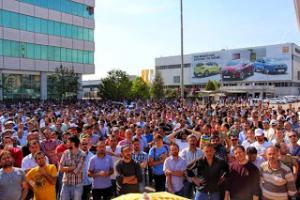
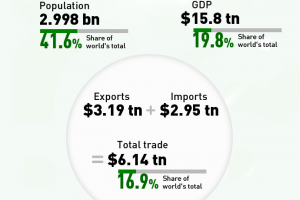
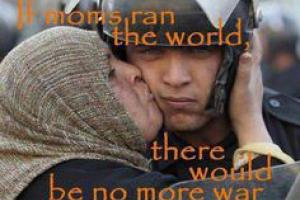
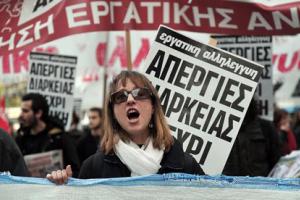
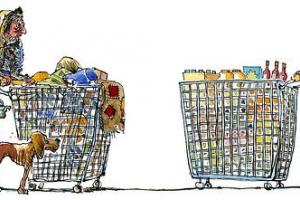
Spread the word